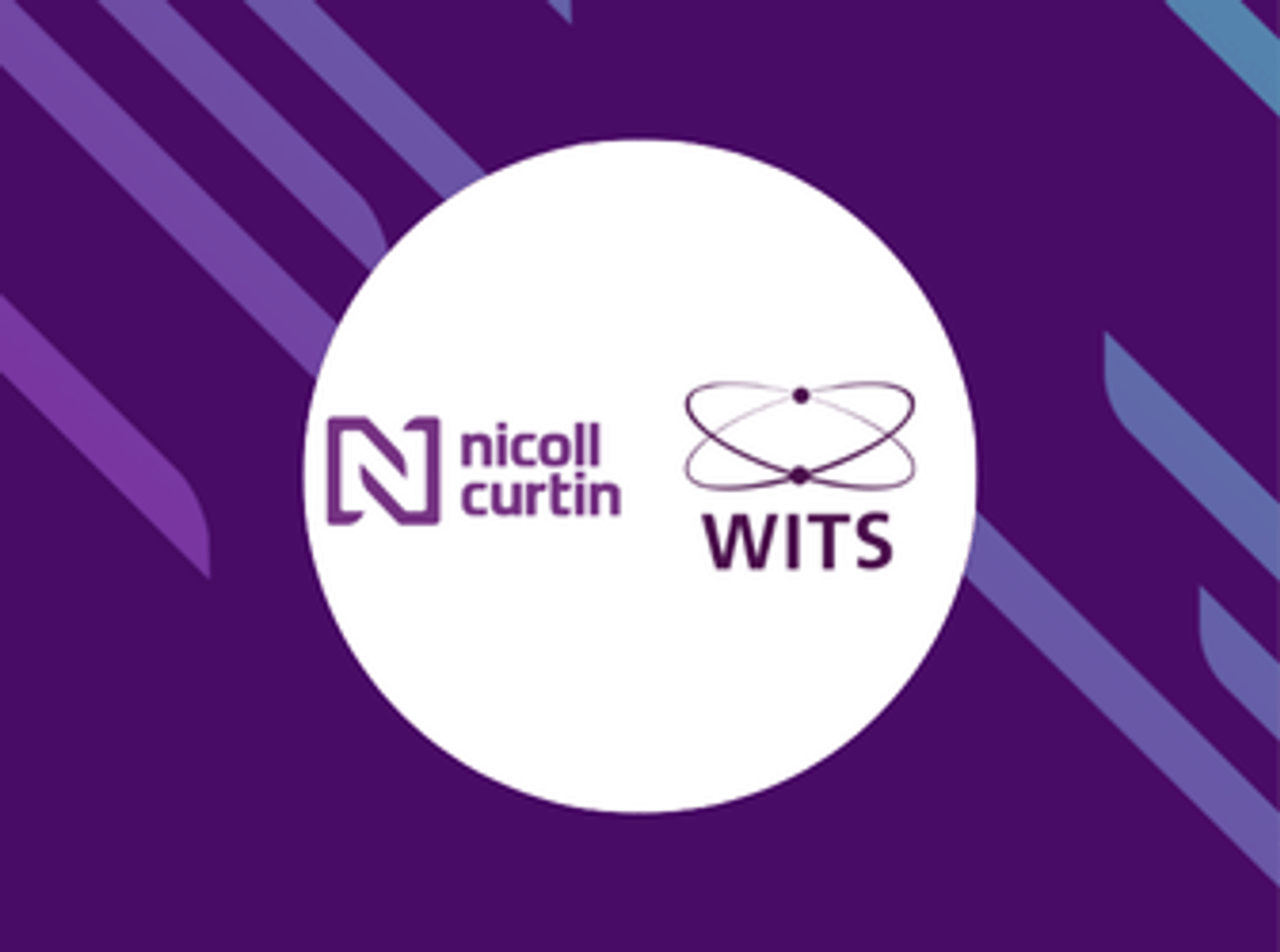The US technology workforce is undergoing a steady transformation. America’s tech giants plan to invest $320 billion across the sector to support the developments in healthcare, fintech, artificial intelligence, and data analytics. As this momentum builds, both candidates and employers are reassessing what successful careers and teams look like.
Individuals are looking for jobs that offer career progression, purpose, and the chance to work with emerging tools. For businesses, the focus is on finding people who can adapt quickly, think across disciplines, and contribute to long-term impact. Hiring decisions are increasingly shaped by practical skills, curiosity, and collaboration, rather than traditional titles or experience alone.
Here is a closer look at the trends currently influencing tech hiring across the US.
1. AI fluency and integration
Professionals across industries are expected to incorporate AI into their workflow to boost performance and support smarter decisions. This shift reflects a broader trend, as 58% of people worldwide identified AI as the leading area of technology, well ahead of cloud computing at 26%. As its influence expands, understanding how to work with these tools is becoming a standard part of many technology jobs.
Companies are responding by investing in AI training and looking for candidates who can help apply AI responsibly across departments. Roles like Machine Learning Engineers, AI Product Managers, and Prompt Designers are in high demand as companies integrate automation into development workflows, design ethical prompts, and streamline data processes with artificial intelligence.
Charlie Adey, our Consultant for the US market, emphasises that hiring managers view AI and machine learning (AI/ML) as a powerful complement, rather than a replacement, for traditional financial analysis.
“The rise of AI/ML is having a profound effect on the buy side. Hedge fund managers are embracing AI/ML to support investment and alpha generation strategies. These technologies help decipher complex patterns in large datasets, enhance predictive models, and optimise trade execution.”
2. Cross-functional Tech Specialists
Instead of focusing on one area, IT Specialists are bringing flexibility and a diverse set of capabilities that help teams work smarter and deliver results more efficiently.
Full-Stack Developers, DevOps Engineers, Platform Engineers, and Product Analysts are valued for their ability to deliver end-to-end solutions, drive automation, and enhance system reliability. Their expertise in optimising performance with the user in mind and ensuring technical decisions reflect commercial goals makes them central to cross-functional teams. Charlie Adey explains:
“One factor driving this more holistic approach has been the need to keep teams lean. There has been a high number of layoffs across Big Tech and Financial Services over the past year, with firms placing greater emphasis on agile approaches. With the pace of technological innovation, businesses are also focusing on hiring developers who can bridge the gap between technology and strategy, aligning with the organisation’s needs.”
This move towards cross-functional thinking reflects a growing demand for individuals who are adaptable and can work across environments, bridge disciplines, and support teams in delivering stronger, more consistent outcomes.
3. Soft Skills in the Workplace
Beyond technical expertise, employees are expected to communicate clearly, adapt quickly, and solve problems both independently and collaboratively.
Active listening, empathy, and time management stand out as key differentiators in jobs involving project leadership, client engagement, or product strategy. Additionally, roles like Tech Lead, UX Designer, and Solutions Architect rely on strong collaboration, strategic thinking, and the ability to connect across teams to deliver impactful results.
For employers, hiring people who possess these skills helps create teams that scale effectively and respond to challenges with clarity and resilience.
4. Flexible work and outcome focus
While many organisations are adopting return-to-office policies that require set days in the office, remote and hybrid work continue to be a priority for candidates. Due to these policies, flexibility has taken on a new meaning: it’s now about delivering results, not just counting hours. Increasingly, companies offer flexible schedules that let employees choose when they work best, supported by clear goals and regular check-ins. For example, some teams set weekly targets instead of tracking daily hours.
Cloud Engineers, Cyber Security Specialists, C++ Developers, and Data Engineers are benefiting from these changes in both where they work and how their projects are organised and delivered. These jobs often require deep focus and complex problem-solving, which flexible schedules support by allowing work during peak productivity hours. Flexibility measures also enable efficient collaboration across time zones, enhancing innovation and responsiveness.
5. Career mobility and growth
Tech professionals are progressively building careers that don’t follow a straight line. Instead, they explore new areas at similar levels, gaining diverse experience that reflects their curiosity and evolving skill sets. Many also move into contract work, often driven by the potential for higher pay, while ongoing upskilling helps them stay agile and adapt to evolving technologies and interests.
Recognising this shift, businesses are supporting more internal mobility, career coaching, and on-the-job learning. We’re seeing Junior Developers move into Product Management and QA Engineers transition into DevOps, creating growth opportunities that align with employees’ goals and shifting market demands.
Charlie Adey highlights that this also resonates with the growing demand for cross-functionality in today’s ever-changing tech landscape.
“People are developing new soft skills, learning additional programming languages, and engaging more closely with business stakeholders. It’s allowing professionals to transition seamlessly into new roles, and even open doors that weren’t previously available to them.”
Are you looking to grow your business or take the next step in your tech career? Get in touch with us to discover how we can help you achieve your goals.









